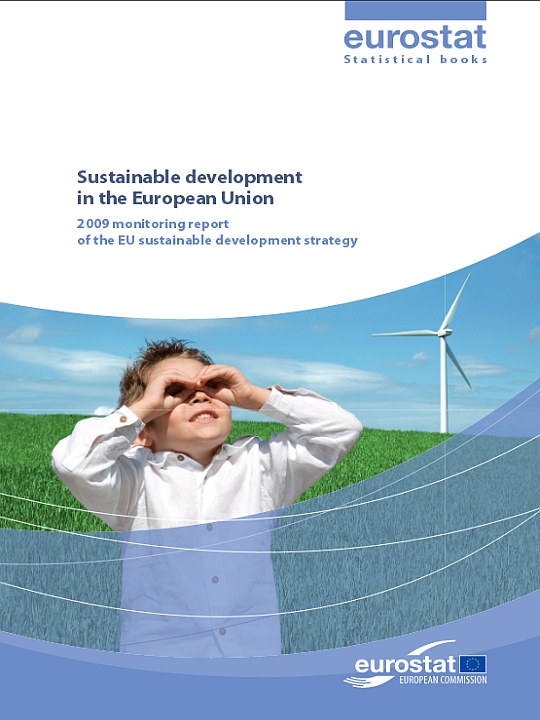Despite the progress made in the current Common Agricultural Policy (CAP) and fisheries policy (CFP) to reduce environmentally harmful subsidies, inadequate subsidy design, poor planning, and ineffective management result in some cases in socially or environmentally harmful side effects. This article, written by Ruta Landgrebe and Benjamin Boteler from Ecologic Institute in the theme issue of the German League for Nature, Animal Protection and Environment’s (DNR) newsletter, concerns environmentally harmful EU subsidies in the agricultural and fisheries sectors and argues for continued support for the "greening" of the EU budget, including the elimination of environmentally harmful subsidies for the new seven-year funding period 2014-2020.
The Common Agricultural Policy and the fisheries policy are the two largest items in the EU budget, sending several billion Euros into the Member States each year. The agricultural and fisheries sectors have been supported financially by the EU and its Member States for a long time, mainly in order to strengthen their competitiveness in global markets and thus protect domestic jobs. Nevertheless, these European funds are still, to some extent, used to maintain existing unsustainable structures: CAP direct payments still mainly benefit conventional rather than organic farming practices, and heavy subsidies are still available for overfishing of the seas.
The new EU proposals for CAP reform, which should make the agricultural sector more dynamic, competitive, and effective, must be reinforced in the current negotiations of the multiannual financial framework. Additionally, the new subsidies currently being considered for the fisheries sector that are potentially environmentally friendly and would favor the entire sector must likewise be supported.

